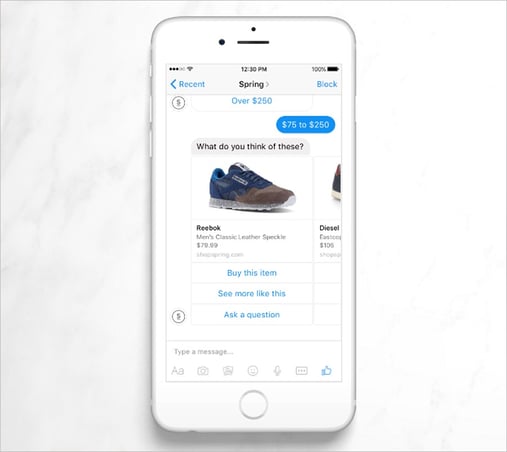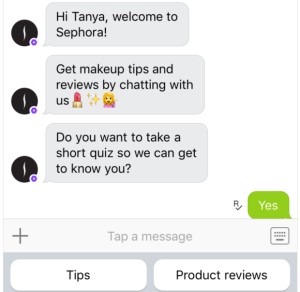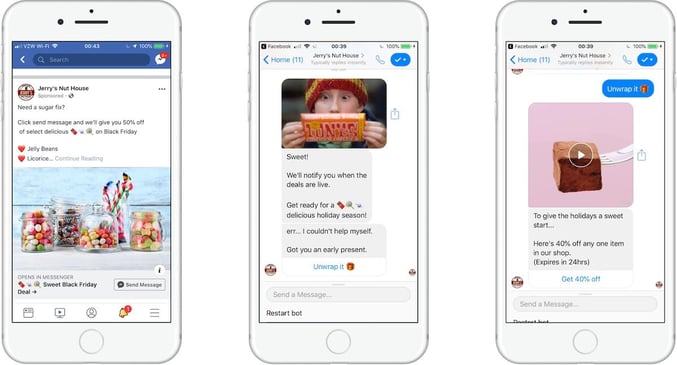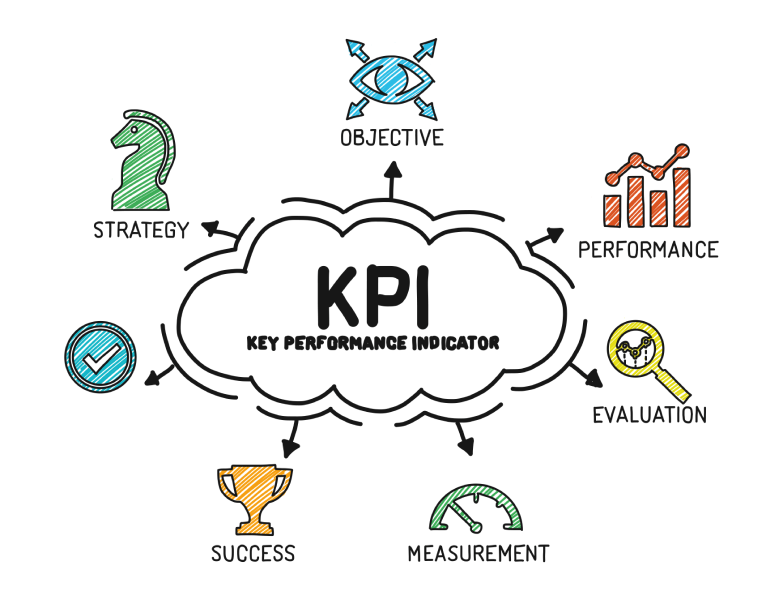Conversational What? Conversational Marketing You Say?
A satisfying customer experience is the lifeblood of any SMB. It’s what keeps customers coming back to the business again and again, and it’s what encourages them to refer their family and friends too. And a bad customer experience can drag the most successful business to the ground. What does that have to do with conversational marketing? and what is conversational marketing to begin with? that’s what we’ll explore next.
Elevating the customer experience
One of the core elements in building a positive customer experience for your business is responsiveness and the quality of the customer’s interaction with the company. Especially for small businesses where their reputation is key for bringing their customers back and spreading positive word of mouth. That’s where conversational marketing shines the brightest.
If you haven’t heard about it before, Conversational Marketing is a one-to-one approach to marketing that companies use to make their sales cycle more efficient, get insights on their customers, and create a better customer experience. One of the best methods of applying conversational marketing is through chatbots. A chatbot is a computer program designed to simulate a conversation with human users, especially over the Internet. You can create the chatbot directly on your website or integrate it with messaging platforms like Facebook Messenger or Slack. And it’s not about chitchat, chatbots are expected to carry 85% of customer interaction by 2020. They help the customer in their conversation with your business just like a human rep, giving assistance and answering questions and many more. This way your customers are directed to the human customer support representatives only when necessary. One of the big advantages of chatbots is that once you set up a chatbot for your business, it’s available 24/7, ready to engage with the customer the minute they start the conversation.
If you manage or run an SMB, where you both care about creating a great customer experience while sticking to a somehow limited budget and workforce. Here are a few things that chatbots have to offer.
How can chatbots serve your business?
- Answer Frequent Questions: in most businesses, you’ll find that there are 4 or 5 questions that your customers ask very frequently. A chatbot can be programmed to identify these questions and answer them right away. Thus saving your businesses hundreds, if not thousands, of work hours every year. As the customer will be directed to the customer service employee only when their question is unique and needs someone to specifically handle it.
- Virtual Shopping assistant: For eCommerce websites, chatbots can act as the store’s shopping assistant. It directs the customers to the kind of products they are looking for and helps them find the best match. A chatbot can even up-sell or cross-sell more products to the customer, thus increasing the overall order value.

- Offer personalized user experience: By asking the customer a couple of questions, chatbots can offer you a personalized experience and give the customer exactly what he/she wants. This also can give you access to more insights and data about who your customers are and what they like.

- Help customers where they are: Chatbots can be integrated with messaging platforms with billions of users like Facebook Messenger. And since your customers won’t be hanging out on your website on a daily basis, integrating your chatbots with a messaging platform like Facebook Messenger, gives you unparalleled daily access to your customers.
- Customer Acquisition: Now your Facebook Ads can link directly to a chatbot that interacts directly with the customer and provides them with a personalized experience of exactly what they need.

Different types of chatbots
The things that chatbots can do are not carved in stone, in fact, there are many different types of chatbots that can be programmed to do a variety of tasks. We’ll take you through the two main types of chatbots, in general, to give you a better idea about how it can serve your business.
- AI bots: these are chatbots like Siri, Cortana or Amazon’s Alexa, they can carry out a natural conversation with a human being using its advanced artificial intelligence capabilities. This type of bots is very advanced and can be quite expensive to develop.
- Scripted bots: These are chatbots that are programmed to follow a certain script or conversational flow defined by the programmer. In this case, the chatbot doesn’t go out of the scope of the question asked. The user sends a certain question and the bot sends back the answer. It’s like an if-then statement. If the user/customer sent a certain question or request, the bot should send back a certain answer that is already pre-programmed in it. This one is much cheaper to develop, doesn’t need the level of stellar technical expertise needed to develop AI bots like Siri or Alexa and is more widely used by SMBs.
There are many great tools that can provide you with scripted bots. We like Drift. They’re very easy to setup and have smart features such as recognizing returning visitors, booking calendar meetings, and even sending out sales and marketing emails. Another option is Olark, also very easy to setup and cheaper but provide less features than Drift.
Although they look like something out of a sci-fi novel, chatbots can benefit your company in so many ways. It’s a good idea to start integrating conversational marketing in your business and take your customer’s experience to the next level.
What are your thoughts on conversational marketing? Is this something you would consider adding to your marketing and sales plans? Let us know in the comments below.


